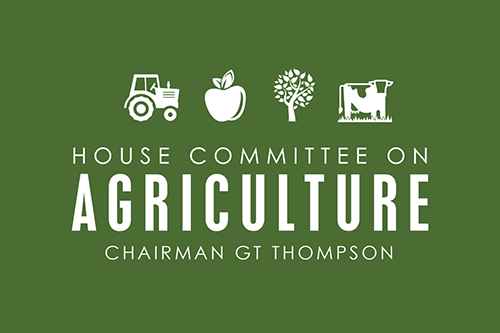The COVID-19 pandemic has changed the world in a matter of months. Despite the new and imminent challenges that it presents, NCBA CLUSA’s global programs are continuing to work and educate communities. While many of our project staff are practicing social distancing and teleworking in their respective countries, priorities have shifted to ensure that communities are up-to-date on government guidelines and proper precautions to stop the spread of the coronavirus.
Carolina Reynoso Pieters, Country Director for NCBA CLUSA Mozambique, gives an update on how COVID-19 has impacted various projects in the country. The project team is continuing to provide technical support to farmers using SMS (text), phone calls, WhatsApp groups, and email. They are also using local radio stations to inform communities on the latest information related to the project and COVID-19. Project teams have created “tippy-tap” hand washing stations for households and communities. They are also continuing to use drones to monitor crop development. NCBA CLUSA Mozambique is ultimately working to ensure that the pandemic doesn’t turn into a food security crisis for these regions as well.
Karl Rosenberg, Director of the Kawolor Project for NCBA CLUSA, gives an update on the Kawolor project in Senegal during the pandemic. The project team is working closely with the government of Senegal and private partners to set up hand washing stations and provide information to communities. Debbo Galle, or mothers groups, which were established through the Kawolor project in have raised money to purchase soap and bleach for their communities. Staff have also been working to transmit radio messages inform the community during the pandemic.


